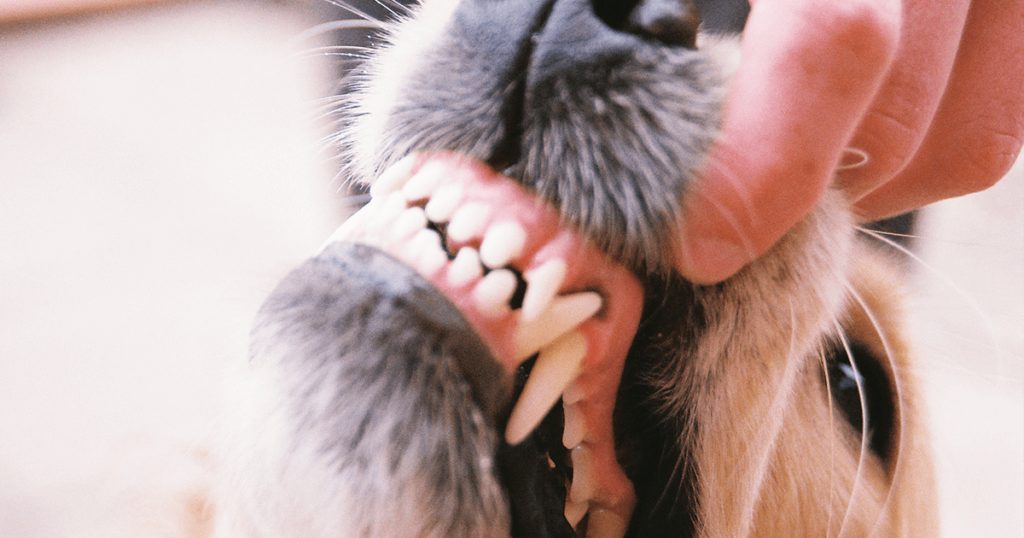
A dog bite will get infected, the doctor told me. My own fault, I thought: I should have known better than to try to separate two brawling dogs, and on a holiday, with the health center closed. The emergency service at the center however was open, and I’d waited just five minutes to be seen. The first person to look at the bite was not an M.D. but a nurse, one in training, I surmised from her reaction when she pulled off the bandage I’d taped over the wound on my calf. She had a soft, round face, like an over-ripe plum, and a turned-down mouth. On seeing the wound, she grimaced and said, “Ugh,” and then, without further comment, clumped out of the room. She soon returned with another woman—the doctor, I gathered, young and pleasant and light on her feet, who greeted me before having a look at my leg. “That’s superficial,” she told the nurse, who’d pointed at the long abrasions on my inner calf, still oozing blood, and the holes there and on the outer side. The punctures were deep, but neat. Nothing to sew up here, nothing to worry about, was her message. She smiled.
The doctor left, and the nurse cleaned the wound and bandaged it. She looked for a tetanus vaccination in my health record. “I’m pretty sure I had one,” I lied, and turned down the shot she wanted to give me. She shrugged. “The doctor will give you antibiotics,” she said, and sent me down the hall.
“Antibiotics?” I asked the doctor. “Why?”
A dog bite will get infected, she told me. Yours is deep.
It wasn’t my intention to argue, which the doctor seemed to understand when I commented that I’d heard cat bites are problematic, but not dog bites.
“Any bite,” she said. It’s not the saliva, it’s the teeth. Then she told me that even a bite from a child will get infected. “Any bite.”
“What if I let the infection run its course as in the old days, and heal on its own?” I really dislike medicine. Pills and ointments, the whole business. I’d just refused the tetanus shot the nurse had pushed on me, so surely I should refuse the antibiotics too. All or nothing is a much easier policy than figuring out the optimal degree of compliance.
The doctor calmly and gently named a few complications that could result. The flesh could do this, the blood could do that. It would be a surprise, she said, if it didn’t get messy. I listened, though it wasn’t fear of those unpleasant outcomes that made me accept the prescription but a desire to comply. It was the opposite of what had made me refuse the tetanus shot despite the decades since I’d been vaccinated. And tetanus is a killer. “You should have it,” the nurse had said, not with concern in her voice but impatience. She’d rolled her eyes.
I considered looking up tetanus when I got home. Were I to get the disease, would I be lost? Would I die slowly enough to regret my foolishness, or would it just be my kids who lamented my stubborn streak? Would I fall over, muscles as hard as wood, as a vet friend had described happening to a lamb with lockjaw? There’d been nothing he could do for the animal when the owner called him, it was too late, the lamb couldn’t even turn its head to look at him, and I wondered if that would be true of me. I pictured myself constrained by an invisible grip on my neck while me eyes tried to find the doctor’s.
I didn’t do a search, and for the next few days I lived with a fancied stiffness in my neck. After a week, I deemed I was safe. “See?” I told the nurse in an imaginary conversation. “I didn’t need it.” But who knows—maybe I got tetanus, just a touch, and beat it, out of stubbornness. The world is, after all, full of surprises. And maybe that nurse with her slumping face would not turn from me but nod kindly and say, “That’s a relief. I was worried, you know.”

